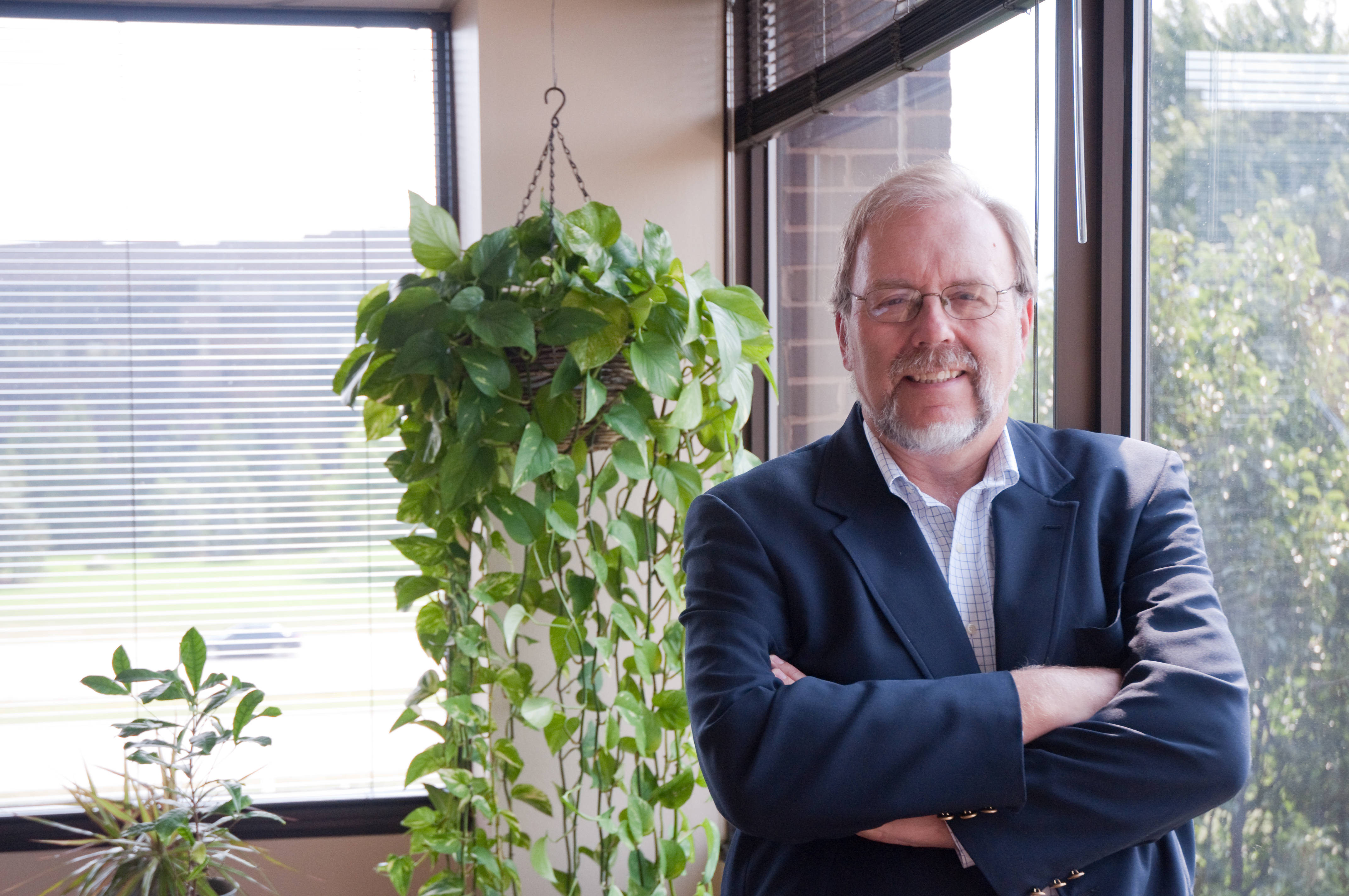Last month AgFunderNews caught up with Andy Ziolkowski, managing director at Chicago-based agtech VC Cultivian Sandbox, to discuss one of the topics emerging from the World Agri-Tech Investment Summit in London; investing in farmland and agtech simultaneously Various farmland owners, from funds to agricultural operators, discussed the synergies they have found investing in agriculture technology alongside their farmland holdings, in what appears to be a growing trend. Here is a transcription of our conversation.
LBT: There has been some discussion at this event about the benefit of farmland investors and owners investing in agriculture technology, and I know you’ve worked with some funds doing this. What are your initial thoughts?
AZ: I think in many cases, groups that invest in farmland can be very helpful in evaluating technologies. Farmers are the ultimate customers of many of the technologies we invest in, so to get their input is helpful during the due diligence process and on an ongoing basis after we’re part of the management and investor group. So we find that it’s very synergistic.
LBT: What companies and funds do you know that have done this before?
AZ: The group that we know the best and we’ve co-invested with before is Fall Line Capital. They have a hybrid model where their primary investment is in underperforming farmland, mostly in the US, but they have dedicated a percentage of capital under management for direct investments in companies that have products or services relevant to their operations. So they can test these products and services on-farm and help in both the early phases, as well as down the road as customers of the product. I think it’s very powerful and the guys at Fall Line I think are a very good group.
LBT: Are they owner-operators?
AZ: Yes.
LBT: Do you think, if you’ve got farmland that you’re trying to get the best operating returns on, that it’s a good idea to test out technology that may or may not be successful, as it could impact your bottom line?
AZ: I think so. [Fall Line] are not a huge fund, so they don’t, at least at this stage, have significant assets under management, so they can balance the resources necessary for evaluating technology as well as owning and operating their farmland.
LBT: Yesterday, we spoke to a farmland fund out of Eastern Europe that has huge tracts of land, and they are thinking of doing this too. How do you think [investing in agtech] would work for them?
AZ: I think the issue at their scale is that because they’re investing such huge dollars, they may not have the internal resources or people that they need to do the technology evaluation. I think you have to have the right balance. Smaller groups like Fall Line are pretty well positioned to do both because they’re more nimble, and they have a team that thinks more about operations and technology. They were also formed this way and investing into both was part of their core thesis when launched.
LBT: Thinking a bit about picking the winners and losers in agtech, what do you think makes a good VC investor?
AZ: Besides good luck?! I think the biggest challenge for us is understanding market adoption and how quickly products and services will be used by the end customer. So understanding what the adoption curve looks like for us is a challenge, but I think if you can predict that curve, you will do well as an investor.
LBT: If you’re not lucky enough to have farmland to test technologies on, what’s your method?
AZ: So in our fund, we have a unique approach: besides financial investors, we have strategic investors as well as farming individuals and associations like the Iowa Corn Growers Association and the Ohio Farm Bureau, so we have direct access to farmers. For example, in the case of Iowa Corn Growers, they will invite their farmers to a big facility on Des Moines to have a go at the technologies we are interested in, and the companies will present what they’re doing and get feedback. That’s helpful for us and for the entrepreneurs.
LBT: For every investment you make, do you put it in front of some of these growers?
AZ: Yes we do it as part of our due diligence, and then afterwards we hope that they will then be customers or partners in some ways, and that’s worked out well so far.
LBT: Has there been anything else interesting that you’ve heard during this event?
AZ: Unlike some other events in the US, there are many more early stage companies from places like Spain and Israel; many of these we don’t see in the US. So it’s great to meet them face-to-face and learn more about the businesses. We as a fund can invest up to 20 percent outside of North America, so this is a great venue to start or continue a dialogue.
LBT: Great. Well, I hope to hear news about a European investment soon then!
What do you think? Do you think a farmland investor or owner has the expertise to invest in agtech? Get in touch! [email protected]





